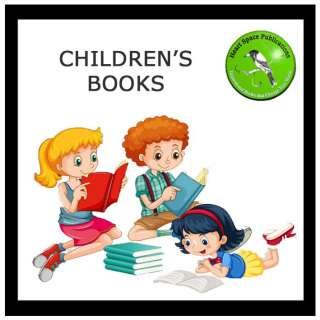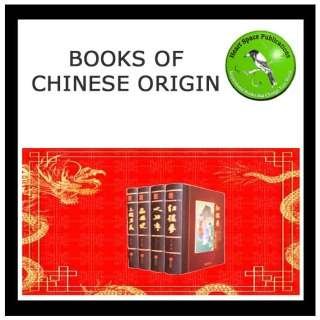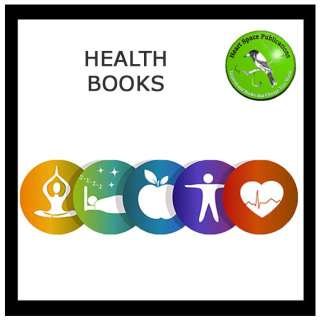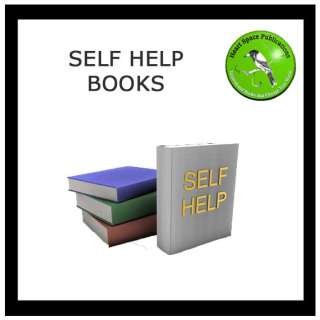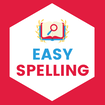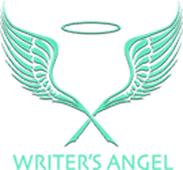WELCOME TO HEART SPACE PUBLICATIONS, WHERE THE
MAGIC OF OUR BOOKS AWAITS!
Imagine a world of Heart Space Publications Books where everyone can become an author. Where, in the writing of their book, they delve within, uncovering the mysteries of life. You can be that author with our “Writers Angel” guidance.
CLICK HERE FOR MORE DETAILS
And, you can also be the person who reads about those mysteries.
WITH BOOKS, YOU CAN CHANGE YOUR WORLD
We are not only a unique but also a distinguished Australian publisher, paying particular attention to the quality of the writing, the books we offer, and the authors we work with.
This website has two main components:
- How we help new authors to become published authors, through our Writers Angel section
- Books of Chinese origin. This catalogue is growing to meet the needs of Chinese-Australians.
How are we different?
- To start with, we treat authors as people, where we understand that their manuscript is their baby (See Testimonials in the Writers Angel section).
- We are efficient, which means that when you publish through Writers Angel it can happen as quickly as three months. Unlike most other publishers, who can take a year just to sign an agreement, and another year or two for your book to emerge.
- There is no bureaucracy at HSP. You always have access to me, Pat Grayson (CEO).
Because we are small, lean and organised, you will find our rates considerably cheaper than industry averages.

